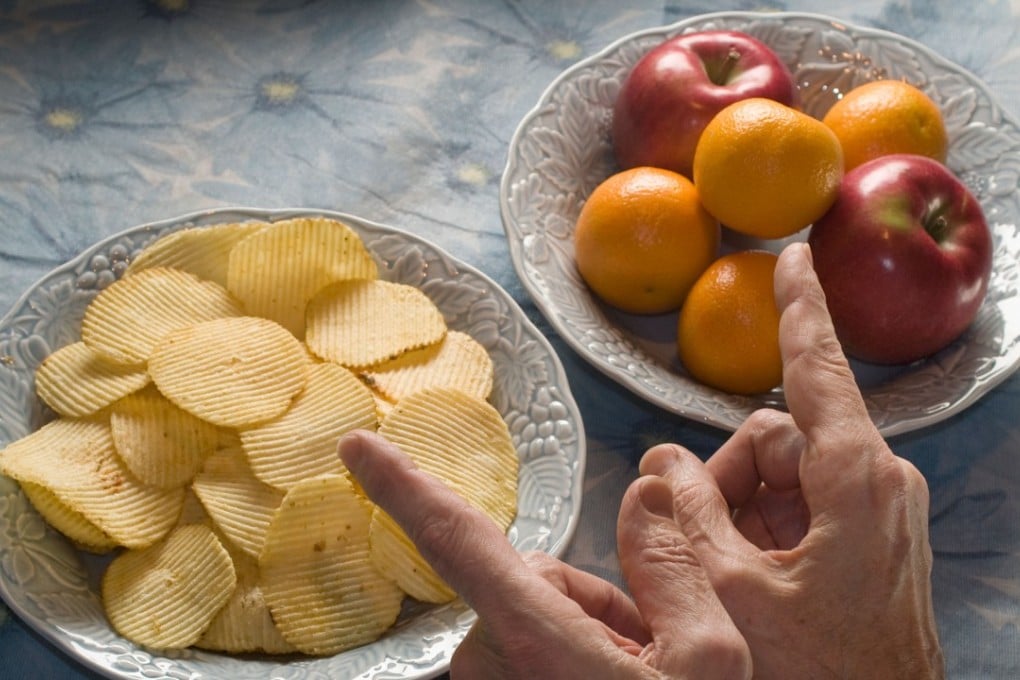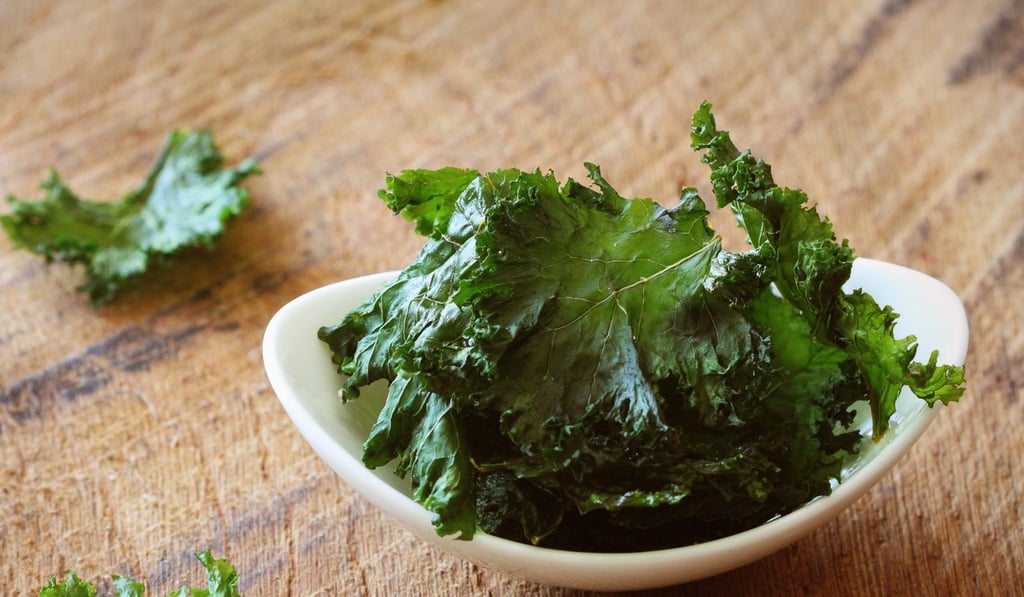Why vegetable and fruit crisps can be healthy – just don’t eat them instead of the real thing
They have the satisfying crunch of a potato crisp, with all the vitamins and nutrients of vegetables, right? Well, not quite. While the new fad can be healthy, beware of the brands whose chips are fried and packed with salt

If you are looking for a good excuse to eat a pile of crisps, grocery store shelves are brimming with them. It seems nearly everything in the fresh produce aisle – whether it’s kale, sugar snap peas, apples or bananas – now comes crisped, seasoned and packaged.
Manufacturers seem to be hoping that people – most of whom don’t get the recommended daily amount of fruits and vegetables (not including fried potatoes) – will turn to crunchy snack items to help fill the nutrient gap. But are these new, crispy versions of fruits and vegetables any better for you than fried potatoes or regular crisps? Does a portion of baked kale crisps count as a serving of vegetables? It might, but there are a few things to consider.

Before packaged kale crisps even existed – much less in the dizzying array of flavours available now such as ranch, nacho and vampire killer (which I guess means garlicky) – I learned how tossing kale leaves with a little oil, sprinkling them with salt, and baking them turned the vegetable into a tasty, crispy, can’t-have-just-one snack that would thrill my daughter and her friends.
Feeling ‘hangry’? Four easy ways to make sure you don’t ever again – by eating right
It takes an entire bunch of kale and two baking sheets to make four servings, but I have always felt it was worth the effort, and I definitely count the result as a vegetable. After all, the amount of oil and salt I use to make them is about the same as if I had sautéed the greens.